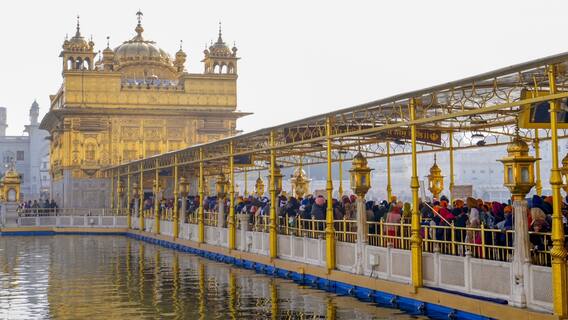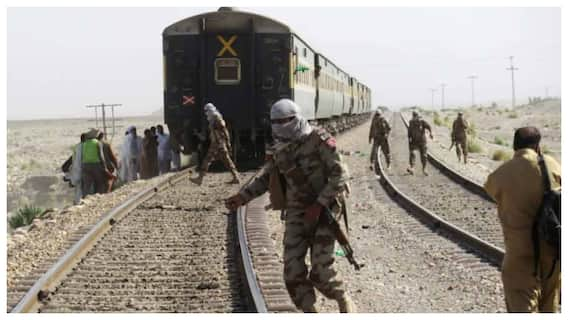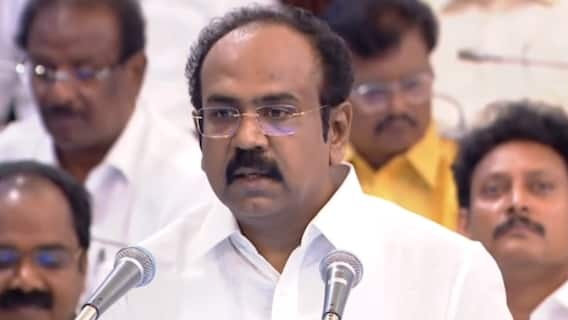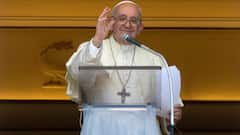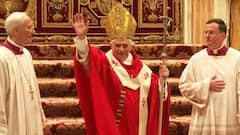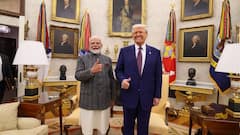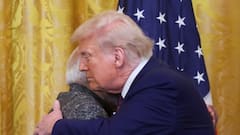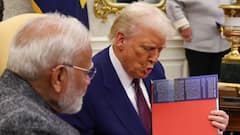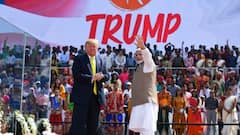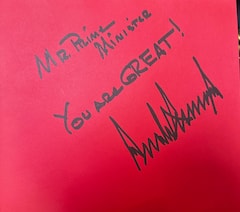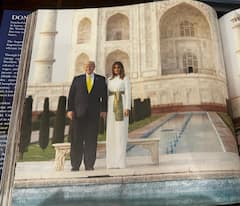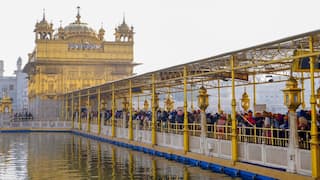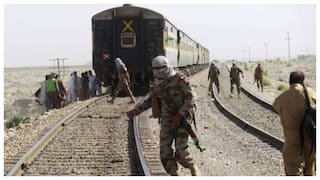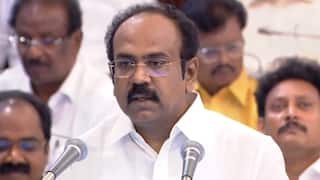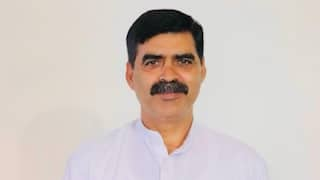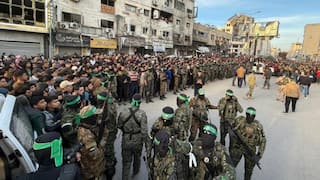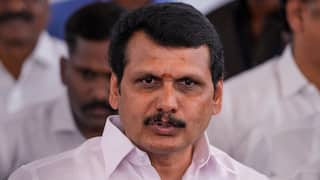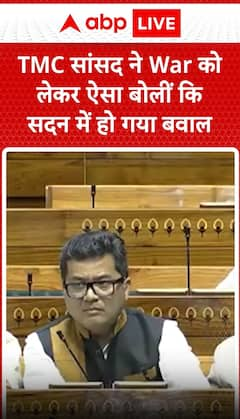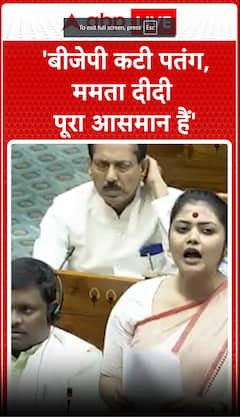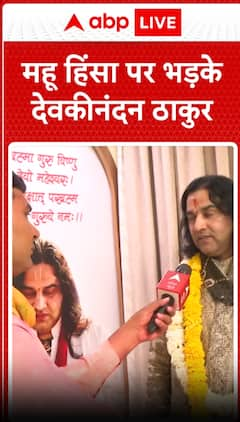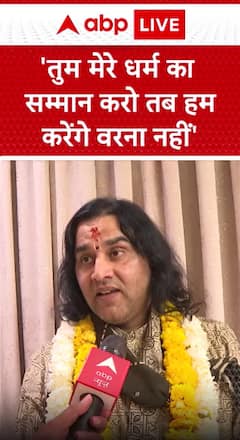Explorer
Sri Lanka political crisis: Here is what has happened in Sri Lanka so far and what does its constitution say about it
The political crisis of the island nation unfolded after President Maithripala Sirisena on Friday night sacked Ranil Wickremesinghe and appointed former President Rajapaksa to the post. He made the surprising move after his United People's Freedom Alliance (UPFA) withdrew from the national coalition government.

Maithripala Sirisena- President of Sri Lanka, (Photo by Don EMMERT / AFP)
New Delhi: The political pandemonium of Sri Lanka has garnered worldwide attention with United Nations Chief Antonio Guterres expressing great concern over the deepening political crisis. A new caretaker government for the country is expected to be sworn in on Monday. Here is all you need to know about it.
Here is a brief account of what has happened in Sri Lanka so far:
The political crisis of the island nation unfolded after President Maithripala Sirisena on Friday night sacked Ranil Wickremesinghe and appointed former President Rajapaksa to the post. He made the surprising move after his United People's Freedom Alliance (UPFA) withdrew from the national coalition government.
However, just three days later, Sri Lankan Parliament's speaker on Sunday recognised Ranil Wickremesinghe as the country's prime minister. Speaker Karu Jayasuriya said Wickremesinghe has "obtained a mandate to secure democracy and good governance" even as he questioned the president's decision to suspend parliament.
Following is an explainer on what Sri Lanka's Constitution says on the president's power to sack the prime minister:
Sirisena and Wickremesinghe had joined hands to form a government of national unity in 2015 to bring in constitutional and governance reforms including a new Constitution to address the long-standing issues of the Tamil minority. Sirisena on Friday night sacked Wickremesinghe and appointed former strongman Mahinda Rajapaksa as the new prime minister. Sirisena also suspended parliament till November 16 after Wickremesinghe sought an emergency session to prove his majority.
Under the 19th Amednement adopted in 2015, the president no longer has the power to remove the prime minister at his discretion. The prime minister can only be dismissed if the Cabinet of ministers is dismissed, the prime minister resigns or the prime minister ceases to be a member of parliament.
The president can only remove a minister only on advice of the prime minister.
President Sirisena camp's argument was that the Cabinet ceased to exist the moment the UPFA withdrew from the national government.
When there is no Cabinet, no prime minister and the president has the power to appoint the person whom he thinks commands the majority in parliament.
According to the Nineteenth Amendment that was enacted in 2015, the prime minister can only cease to hold office by death, resignation, by ceasing to be a member of parliament, or if the government as a whole has lost the confidence of parliament by a defeat on the throne speech, the budget, or a vote of no-confidence
According to Wickemesinghe, what Sirisena did was unconstitutional because as per Article 46 (2) of the 19th Amendment of the constitution passed in 2015, the president cannot sack a Prime Minister who enjoys majority support in parliament.
Wickremesinghe asserted that he has majority support in parliament.
He has neither resigned from the premiership nor has he ceased to be a member of parliament, Wickremesinghe pointed out.
But Wickemesinghe's claim is contested by the president's supporters who assert Article 42 of the constitution clearly says that the president shall appoint as prime minister the Member of Parliament, who, in his opinion, is most likely to command the confidence of Parliament.
And in Sirisena's opinion, Wickremesinghe is not likely to command the confidence of parliament and has therefore lost the right to be Prime Minister.
Although Wickremesinghe have the option to move the Supreme Court challenging the president's decision on constitutional grounds, he has decided not to as needs to substantiate his claim by proving parliamentary support during a vote of confidence.
Wickremesinghe is confident of proving majority support, according to the Island newspaper.
Currently, Rajapaksa has 95 MPs of the United Peoples' Progressive Alliance (UPFA). Wickremesinghe's United National Front has 106 MPs.
Rajapaksa needs 18 more MPs to give him a simple majority of 113 in the House of 225 members.
Rajapaksa already got the support of two UNP MPs on Friday Vasantha Senanayake and Ananda Aluthgamage.
Additionally, there are Indian-origin Tamil and Muslim parties which have a policy of always being on the side of the government irrespective of the party in power.
Main Tamil Party Tamil National Alliance has 16 MPs and the Janatha Vimukthi PeramunaJVP, a communist and Marxist Leninist party, has 6.
(With inputs from PTI)
Follow Breaking News on ABP Live for more latest stories and trending topics. Watch breaking news and top headlines online on ABP News LIVE TV
View More
Advertisement
Trending News
Advertisement
Advertisement
Top Headlines
Cities
Cities
India
India
Advertisement









